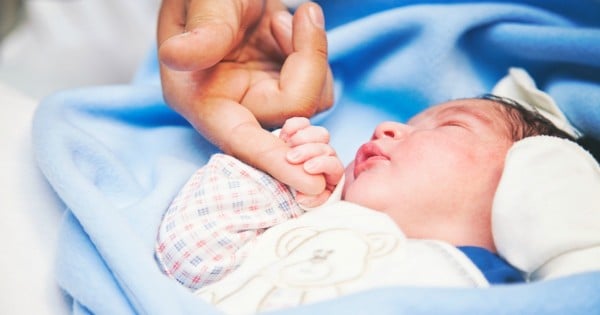
She could have dark brown eyes and deep chocolatey skin.
She could have blue eyes and wispy red hair.
It could be a boy or a girl. It could be born into a family with strong religious beliefs, or none at all.
It will be a baby loved, cherished, much wanted just like millions of other babies born throughout the world.
But this baby will be different.
This baby will have, technically, two mums and one father and he or she could be born within the next year after three parent IVF babies have been declared safe by scientists in the UK.



Top Comments
This technology will start off with the intention of eliminating disease, but it will soon morph into a commercial enterprise.
I agree and I don't think it would take long to happen.